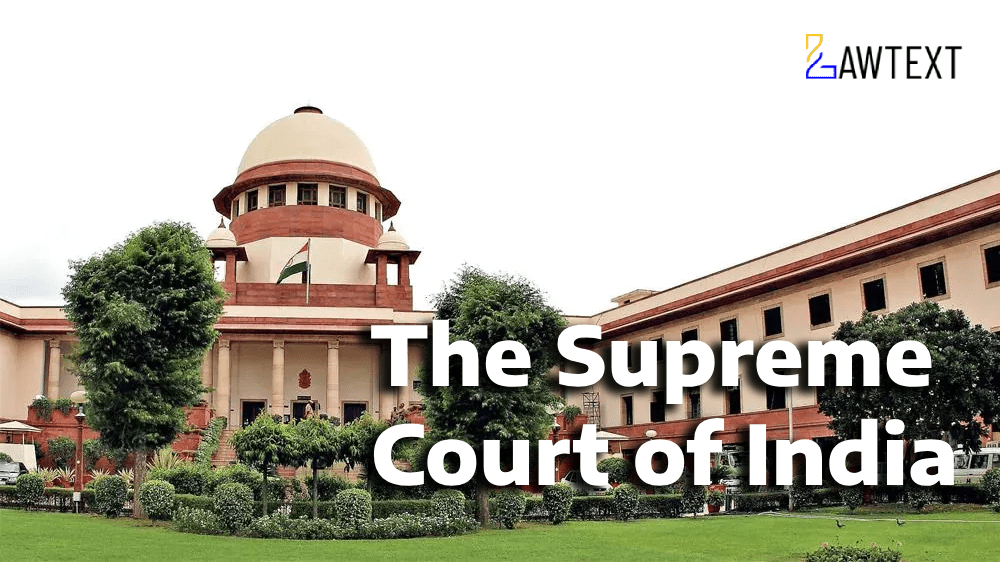CASE NOTE & SUMMARY
I. Introduction (Para 1)
The appeal challenges the High Court's order dated October 14, 2010, which upheld the Special Judge's decision to proceed against Bharti Arora, a senior police officer, under Section 58 of the NDPS Act.
II. Case Facts (Paras 2.1–2.19)
-
Background (2.1–2.3):
- Appellant, Bharti Arora, was Superintendent of Police (SP), Kurukshetra, during the investigation of an NDPS case where opium was allegedly recovered.
- Based on a report implicating three other individuals, Arora facilitated the preparation of a discharge report for the accused, Ran Singh.
-
Court Developments (2.4–2.6):
- The trial court convicted Ran Singh but acquitted the three accused implicated by the police. The judge deemed the story fabricated by senior officers, including Arora, and initiated proceedings under Section 58 of the NDPS Act.
-
Proceedings (2.7–2.19):
- Arora was issued show-cause notices and filed responses. Despite the High Court's refusal to stay proceedings, Arora contended the process was hurried and biased.
III. Submissions (Paras 3–14)
-
Arguments by Bharti Arora:
- Adverse findings by the Special Judge violated natural justice principles as she was not heard.
- Procedural lapses included the absence of summary trial, as mandated under Section 36-A(5) of the NDPS Act for offenses with imprisonment up to three years.
- Actions were performed in good faith during the discharge of official duties and were protected under Section 69 of the NDPS Act.
-
State's Stand:
- The State supported Arora, emphasizing her engagement in maintaining law and order during critical times, including the Samjhauta Express blast investigation.
IV. Consideration (Paras 15–37)
-
Legal Flaws Identified:
- The Special Judge's proceedings violated Section 36-A(5) of the NDPS Act, which requires summary trials by magistrates for offenses under Section 58.
- Actions performed in good faith are protected under Section 69 of the NDPS Act.
- Adverse findings were made without affording Arora an opportunity to be heard, breaching natural justice principles.
-
Predetermined Approach:
- The court noted that the Special Judge acted in haste, prioritizing the issuance of notices and proceedings, even after receiving a transfer order.
V. Conclusion (Paras 38–41)
The Supreme Court quashed all proceedings against Bharti Arora, including adverse findings in prior judgments and the Special Judge's orders, reinforcing the importance of fair process and due procedure.
Legal Analysis
-
Acts and Sections Discussed:
- NDPS Act:
- Section 58: Punishment for vexatious search, seizure, or arrest.
- Section 36-A(5): Summary trials for offenses punishable with imprisonment up to three years.
- Section 69: Protection of actions taken in good faith.
- CrPC (Code of Criminal Procedure): Sections 207, 251–259 (summons trial procedure).
-
Ratio Decidendi:
- Proceedings against an accused must adhere to procedural mandates. Courts must respect principles of natural justice by providing an opportunity to be heard before recording adverse findings.
- Actions performed by officers in discharge of their duties, unless proven malicious, are protected under good faith immunity provisions.
Subjects:
NDPS Act – Procedural Fairness and Natural Justice
Criminal Procedure, Natural Justice, Good Faith Immunity, Summary Trial
Citation: 2024 LawText (SC) (12) 132
Case Number: CRIMINAL APPEAL NO. 1699 OF 2011
Date of Decision: 2024-12-13
Case Title: BHARTI ARORA VERSUS THE STATE OF HARYANA
Before Judge: [B.R. GAVAI J. , PRASHANT KUMAR MISHRA J. , K.V. VISWANATHAN J.]
Appellant: BHARTI ARORA
Respondent: THE STATE OF HARYANA

